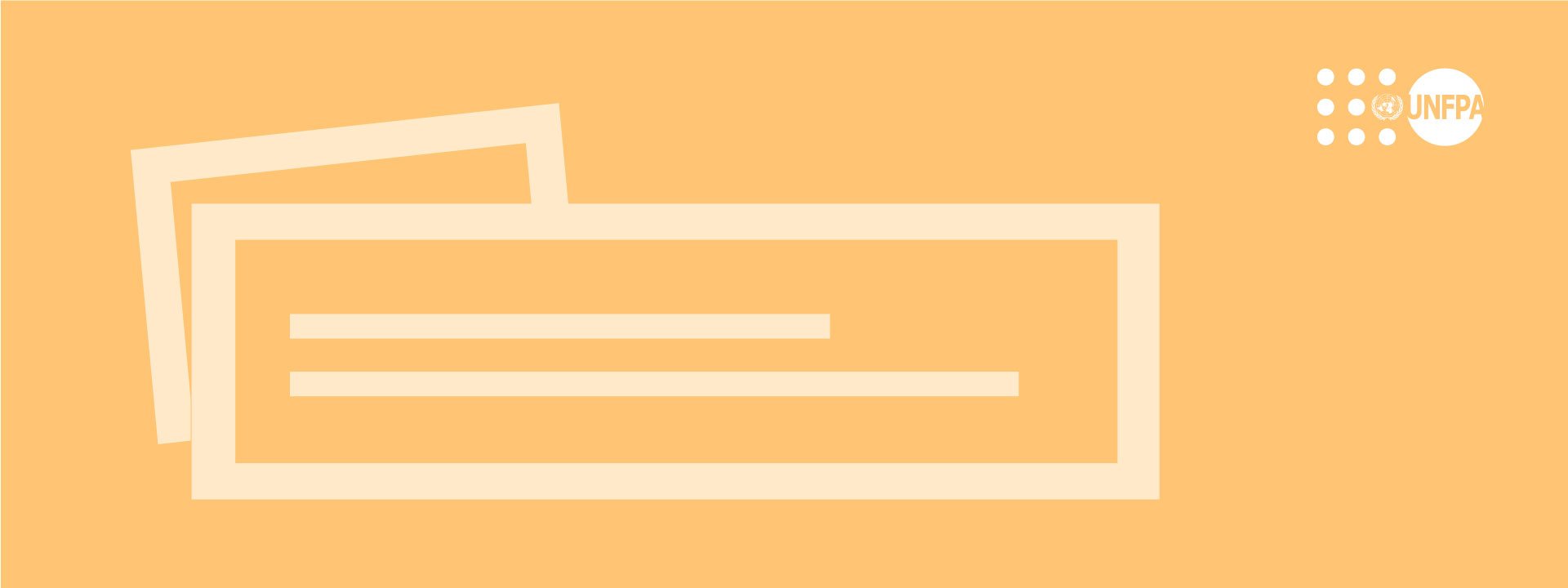What we do
UNFPA GCC office in Muscat-Oman, was established in 2006 and provides Technical Assistance in the main areas of Population and Development, Reproductive Health and Rights, Youth Development, and Gender Equality. UNFPA expands the possibilities for women and young people to lead healthy and productive lives. Since UNFPA inception in 1969, the number - and rate - of women dying from complications of pregnancy or childbirth has been halved. Young people are more connected and empowered than ever before.
But too many are still left behind. Nearly a billion people remain mired in extreme poverty. Reproductive health problems are a major cause of death and disability for women in the developing countries. Youth bear the highest risks of HIV infection and unintended pregnancy. More than a hundred million girls face the prospect of child marriage and other harmful practices. Much more needs to be done to ensure the world in which all individuals can exercise their basic human rights, including those that relate to the most intimate and fundamental aspects of life.
How we work
UNFPA is on the ground improving lives in about 150 countries that are home to 80 percent of the world's population. In these countries, the Fund is a catalyst for progress. Working with governments and through partnerships with other UN agencies, civil society and the private sector, we make a real difference in the lives of millions of people, especially those most vulnerable.
The UNFPA GCC Sub-regional Office provides technical expertise and coordinates the efforts of GCC governments in the areas of population & development, youth, reproductive health, gender equality, statistics and related issues.
UNFPA anticipates and responds to tomorrow's challenges today. Our office assists GCC relevant government partner agencies in using population data to assess and anticipate needs, and to monitor progress and gaps in delivering development promises. We provide technical guidance, training and support to empower our partners and colleagues in the field. And we help ensure that the reproductive health and rights of women and young people remain at the very centre of development.
Guided by the Programme of Action adopted at the 1994 International Conference on Population and Development (ICPD), the Sustainable Development Goals and Agenda 2030, UNFPA partners with governments, civil society and other agencies to advance its mission. The outcomes of the five-year review of the 2013 Cairo Declaration and the related regional review report highlighting the synergies with the 2030 Agenda renew the commitment of Arab countries to the ICPD Programme of Action as an unfinished agenda on population and development. UNFPA GCC works to implement several priority areas including sustainable development, gender equality and women’s empowerment, youth development and reproductive health.
Overall, our aim is to increase awareness and build capacity in the following areas:
• Population and Development: Supporting implementation and ensuring commitment to the Programme of Action (PoA) and Cairo Declaration adopted at the 1994 International Conference on Population and Development (ICPD), Sustainable Development Goals (SDGs), Population dynamics and trends such as growth rates, age structure, gender-segregated data collection and analysis, fertility, mortality and migration, and social and economic development.
• Reproductive Health (RH): including Maternal & Infant Health, promoting reproductive rights, enhance awareness about HIV/AIDS prevention and treatment.
• Gender issues: Facilitating and advocating for women access to Reproductive Health Services (RHS), elimination of Gender Based Violence (GBV), ensuring gender equality, and promoting Women Empowerment.
• Youth issues: including adolescent reproductive health, youth empowerment, promoting healthy life style for youth, enhance HIV/AIDS awareness, and support youth peer education concept.
UNFPA GCC works with several strategic partners in Oman, Kuwait, KSA, UAE, Bahrain and Qatar, ranging from government entities, civil society actors, academic institutions and youth-led groups. The co-operation modules are diversified, including Trust Fund agreements, Memorandum of Understandings, or limited term project agreements.


